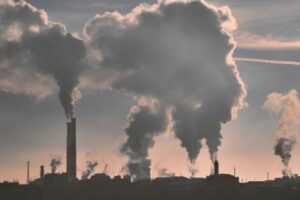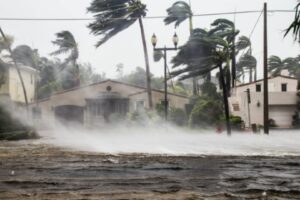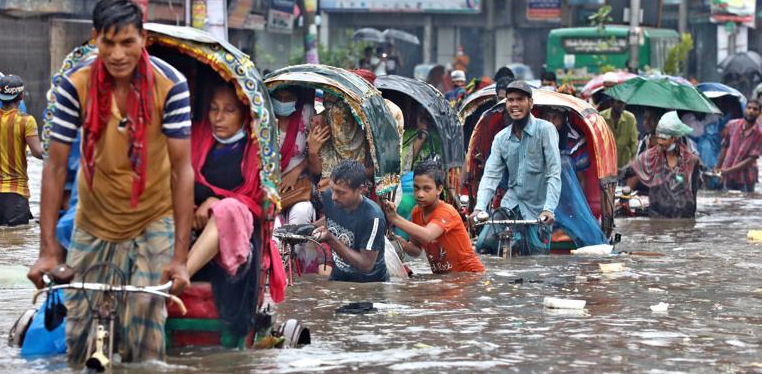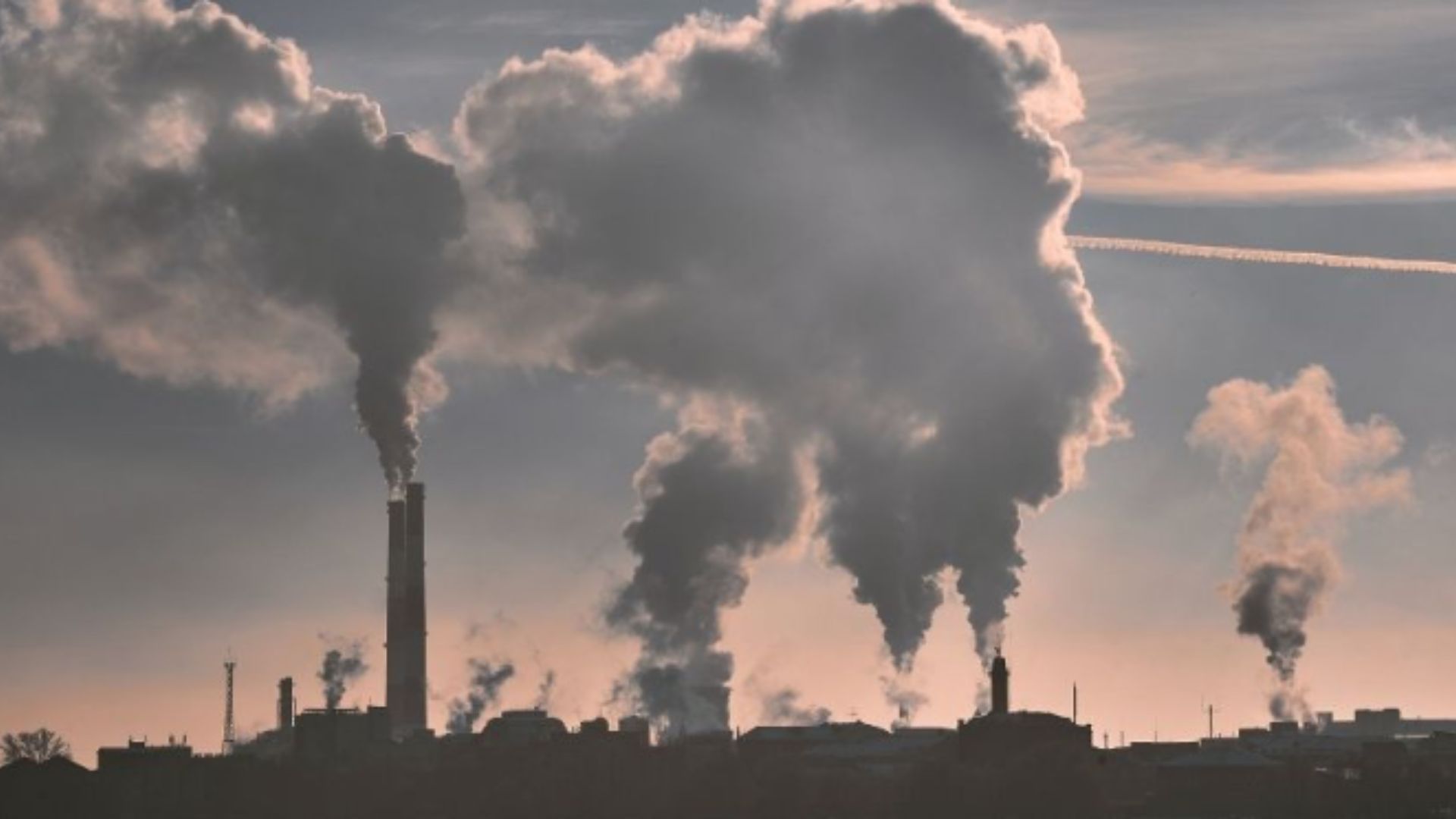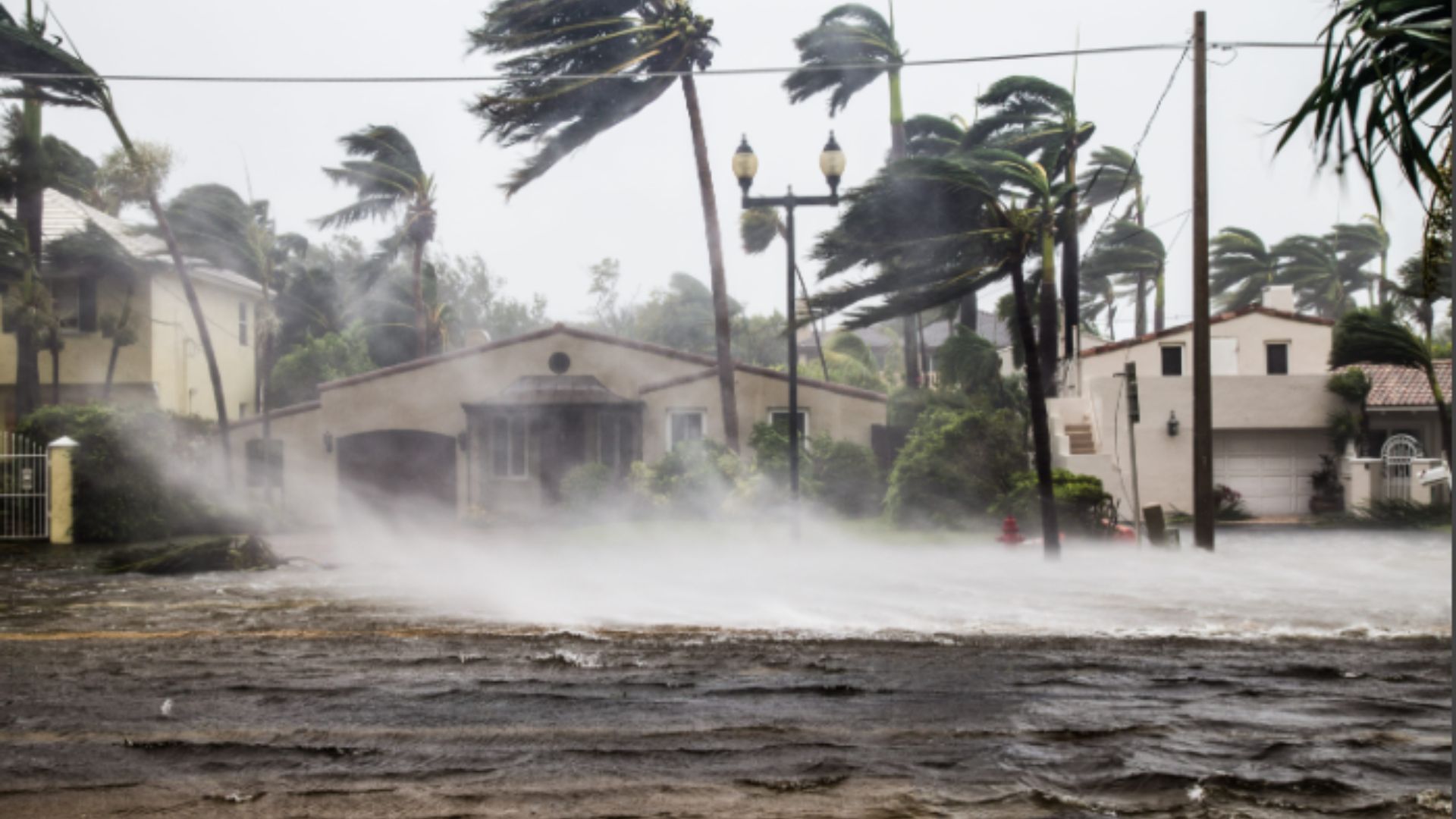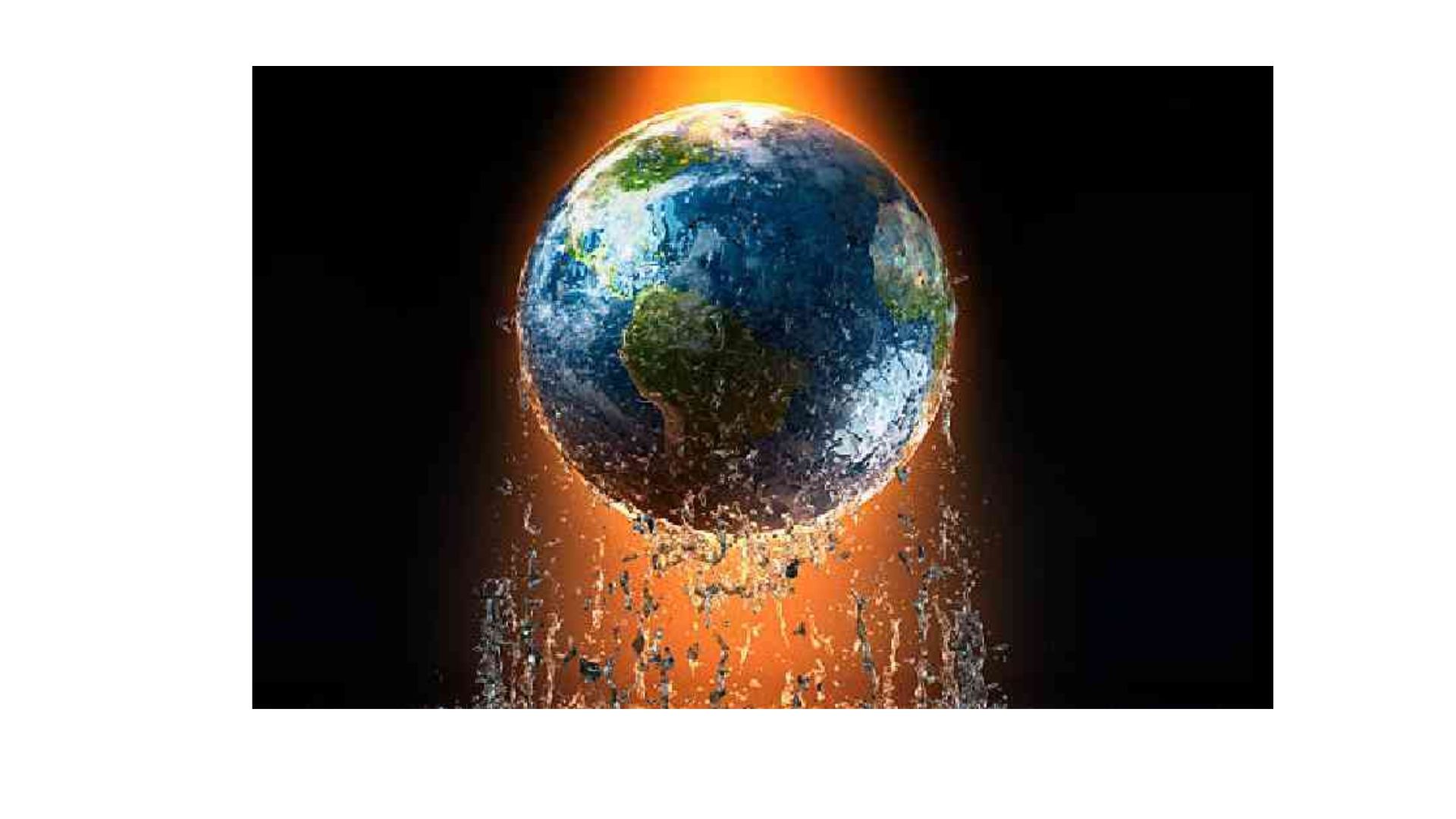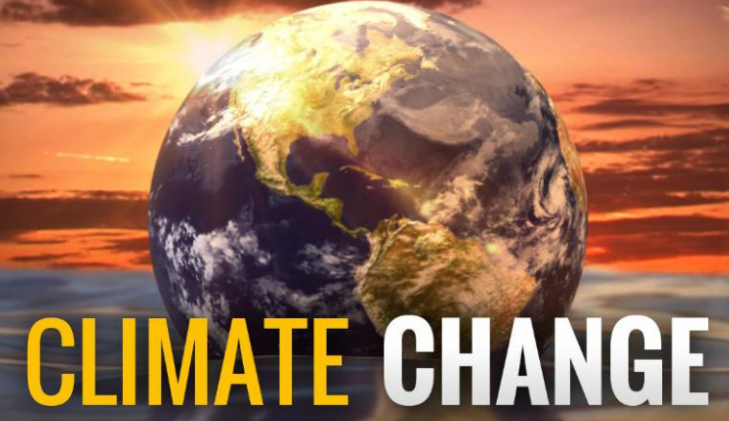Climate change is a pressing issue that affects every corner of the globe. Its repercussions are being felt in various ways, from extreme weather events to rising sea levels and disruptions in ecosystems. In this article, we will explore the current impact of climate change and highlight the urgency of addressing this global crisis.
Extreme Weather Patterns
Firstly, climate change is intensifying extreme weather patterns. Increased temperatures lead to more frequent and severe heatwaves, which can have devastating consequences on human health, agriculture, and ecosystems. In addition, rising global temperatures contribute to the intensification of hurricanes, cyclones, and typhoons, causing widespread destruction and loss of life. These extreme weather events are not isolated incidents but are becoming increasingly frequent and intense due to climate change.
Melting Glaciers and Rising Sea Levels
Furthermore, the effects of climate change are evident in the accelerated melting of glaciers and the subsequent rise in sea levels. This phenomenon threatens coastal communities around the world. As glaciers melt, they contribute to the swelling of oceans, resulting in coastal erosion, saltwater intrusion, and the displacement of millions of people. Low-lying regions, like Bangladesh and parts of the Pacific Islands, are particularly vulnerable to these rising sea levels. Therefore, causing a humanitarian crisis that demands immediate attention.
Biodiversity Loss
Additionally, climate change is causing significant biodiversity loss. Many species are struggling to adapt or migrate fast enough to survive in the face of changing temperatures and habitats. This disruption in ecosystems can lead to imbalances in predator-prey relationships and affect food chains, ultimately impacting human food security. The loss of biodiversity not only threatens various species but also diminishes the resilience of ecosystems. Hence, making them more susceptible to disease outbreaks and invasive species.
Agricultural Impacts
Moreover, climate change poses severe threats to agriculture. Changes in temperature and precipitation patterns can result in crop failures, reduced yields, and increased susceptibility to pests and diseases. Farmers worldwide are grappling with the challenges of adapting to these shifting conditions, which can lead to food shortages and price increases. Sustainable agricultural practices and innovative solutions are crucial to ensuring food security in the face of a changing climate.
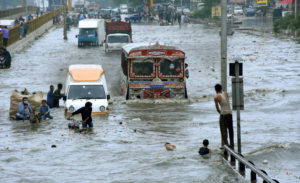
Health Consequences
In addition, climate change has far-reaching health consequences. Heat-related illnesses and deaths are on the rise, especially in urban areas where temperatures can soar during heatwaves. Vector-borne diseases, such as malaria and dengue fever, are spreading to new regions as warmer temperatures expand the habitats of disease-carrying organisms. Poor air quality, exacerbated by higher temperatures, can lead to respiratory problems, further compromising public health.
Economic Challenges
Furthermore, the economic challenges posed by climate change are substantial. The costs associated with mitigating and adapting to its effects are immense. Extreme weather events alone result in billions of dollars in damages annually. Moreover, industries that rely on fossil fuels, such as the coal and oil sectors, face economic disruptions as the world transitions to cleaner energy sources. However, investing in renewable energy and sustainable practices can create new economic opportunities and job growth.
Conclusion
In conclusion, the effects of climate change are pervasive and pose a threat to the well-being of people and the planet. Extreme weather events, rising sea levels, biodiversity loss, agricultural impacts, health consequences, and economic challenges are all interconnected aspects of this global crisis. Addressing climate change requires urgent and coordinated efforts on a global scale. Which include reducing greenhouse gas emissions, transitioning to clean energy sources, and implementing sustainable practices. It is imperative that individuals, communities, and nations work together to combat climate change and secure a sustainable future for generations to come.





